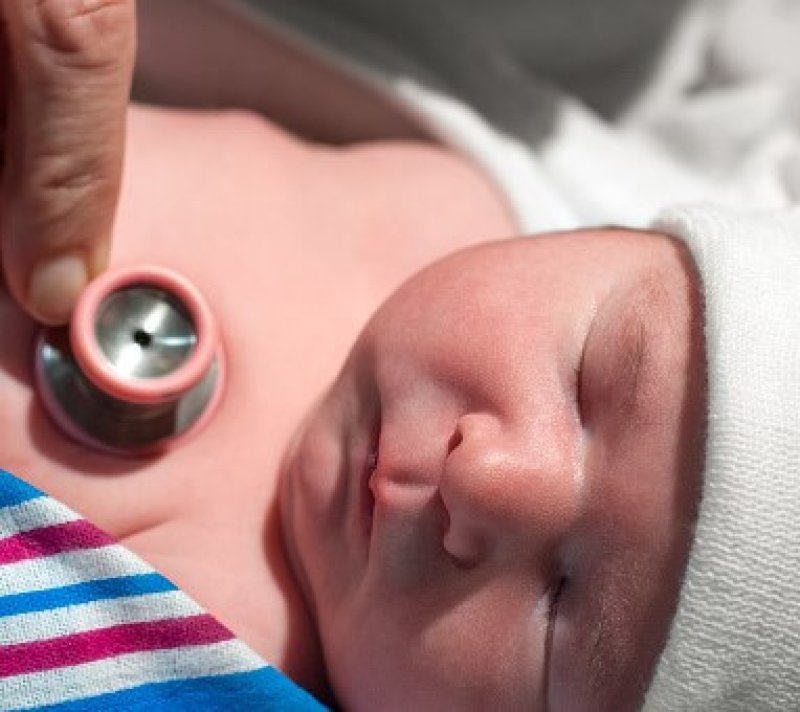In research published in Science, an international team of researchers found that a bacterium known as Clostridia helped mouse pups not only to digest food but to be protected from infection.
Mice born without Clostridia were vulnerable to invading bacteria, similar to those known to cause sickness in human babies, leading the researchers to suggest that the discovery could provide new insight into ways of protecting human infants from such illnesses.
“Newborns are very susceptible to infections in the first year of life,” says Gabriel Nunez from the University of Michigan. “This work suggests that the lack of protective bacteria in the gut microbiota is a mechanism for that susceptibility.”
…
Fecal samples taken from 4-day-old and 16-day-old mice were harvested and transplanted into germ-free mice. By infecting these mice with a strain of Salmonella, the researchers found that 50% of mice with the 4-day-old microbes perished, while all those transplanted with the 16-day old microbes lived….
The GLP aggregated and excerpted this blog/article to reflect the diversity of news, opinion, and analysis. Read full, original post: Transplanted gut microbes may protect babies from infection
For more background on the Genetic Literacy Project, read GLP on Wikipedia































